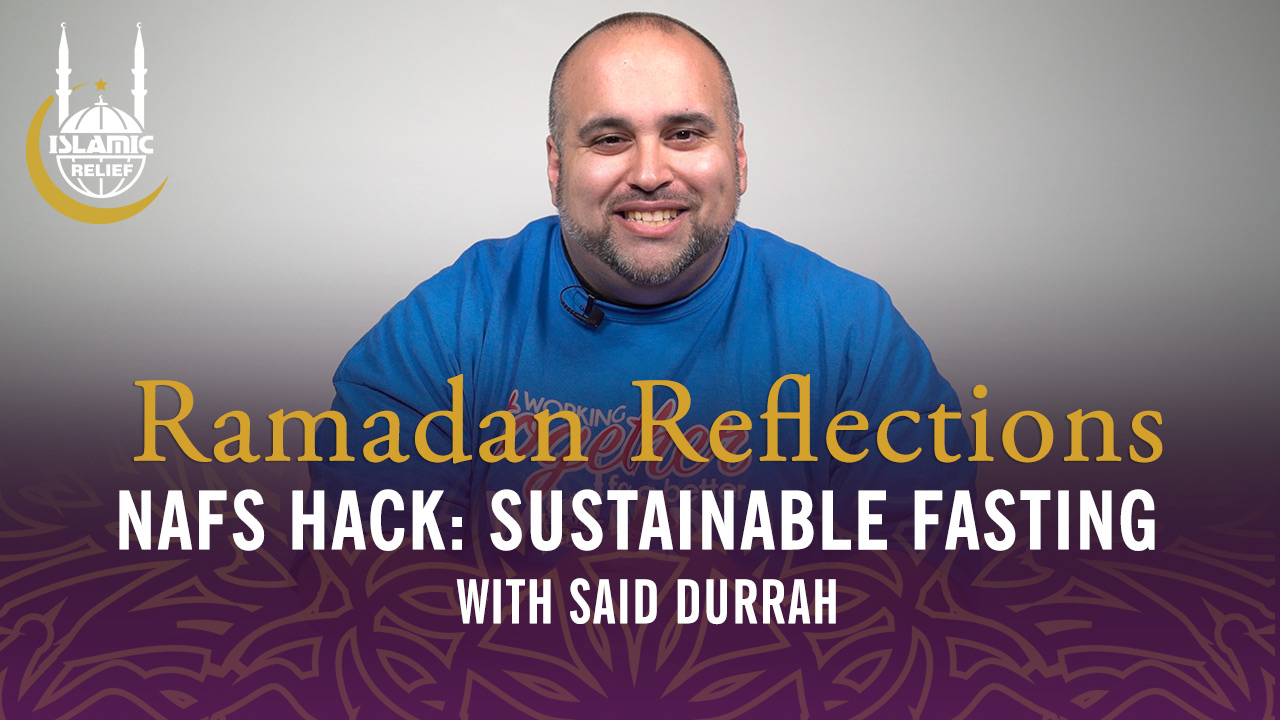What Will Happen to the Children?
by Christina Tobias-Nahi, Director of Public Affairs at IRUSA
I have just come back from Jordan, Lebanon and Turkey with an inter-agency interfaith team tasked with looking at child protection and welfare issues of emerging concern in the region. Even though I have a background in early childhood education and vulnerable children’s issues – truly I was not prepared for what we saw. Our main takeaway was this: If there is no cessation of hostilities in Syria, the children around the region will continue to suffer like we have never seen before and the effects will be multi-generational. Not just for those fleeing Syria but for the children in the neighboring countries as well. Indeed, national systems are straining under the pressure of hosting the flood of people fleeing across borders, and tensions flare as rent prices rise and health care becomes harder to access with the influx.

While meeting with the UN High Commission on Refugees, UNICEF, the International Office on Migration, the International Red Cross, local governments, and NGOs on the ground including Islamic Relief, it became clear that the situation is as dire in the urban areas where most reside as it is in the camps. The majority of Syrian children are out of school for a myriad of reasons. They have missed too much schooling, they don’t speak the language of instruction, the ‘second shift’ school programs are of poor quality, the teachers are found to be abusive, or they are too far so it is not safe for them to get there (or to get home in the dark hours after ‘second shift’ has ended).
Another serious issue is that in most instances parents or adult caregivers do not have permission to work in the host communities so children are often the sole bread-earners. They are entering the informal workforce because they can get by checkpoints easier, because they are cheap labor, because their little hands are more dexterous for working in a textile factory or on a farm ‘picking’ agricultural products.
Cases of early child marriage are also on the rise. In Jordan, while the minimum age is 15, it is allowable before that age with the right parental and court permissions. In Lebanon, there is no national minimum age as it depends on the religious community you come from (Sunni, Shia, Christian, Druze, etc.). But the generally accepted practices are being lowered as parents can no longer feed their children due to their dire economic situations, or because adolescents are unproductive at home not going to school, or because young girls are unsafe in the precarious environments they are living in. So they are married off ‘for their protection’.

What’s more — much research across different contexts has shown a correlation between the education level of a mother and the level of understanding about the risks of marrying off their daughters too young. So are we creating a new vicious cycle for subsequent generations, in which their interrupted eduction and early nuptials will blind them to the many benefits of delaying marriage for their own offspring?
Refugees are becoming increasingly desperate. Teenagers are being sent ahead for migration to Europe and other places to hopefully give them better opportunities. Families are being torn apart. Many aspire to return to their homeland at some point but they cannot as long as the bombs continue to fall. We must help those who are being displaced but we must also continue to be a voice. The suffering of those in Syria and the despair of those fleeing — those who see no hope for the future for themselves or for their children — will not be eased until peace returns.




